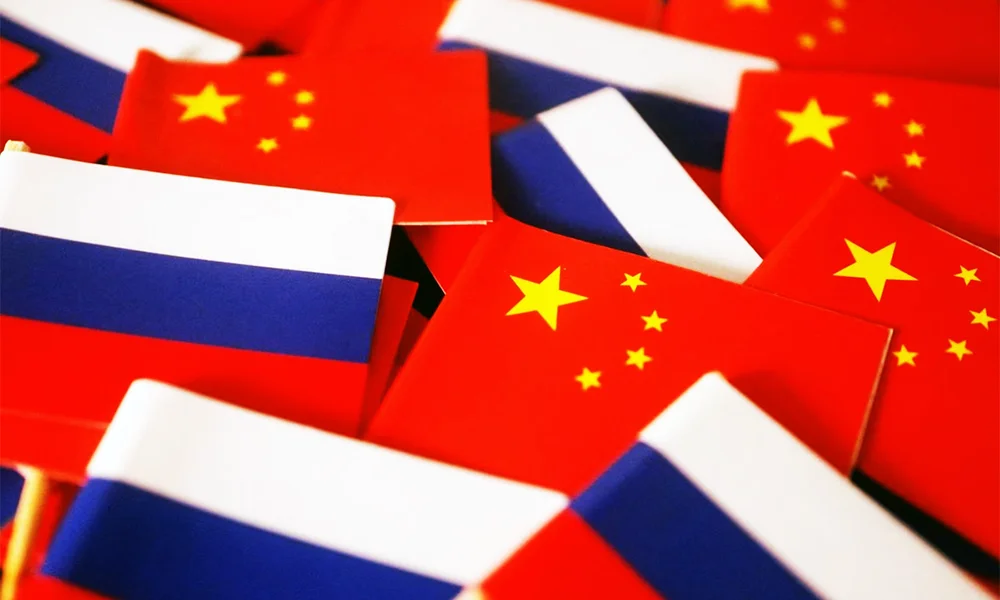U.S. expands trade blacklist with 37 entities for national security and human rights concerns.
March 2 (Reuters) – The United States is adding 37 entities to its trade blacklist for activities including contributing to Russia’s army, supporting China’s military and facilitating or engaging in human rights abuses in Myanmar and China, the Commerce Department said on Thursday.
Reporting by Costas Pitas in Los Angeles; Editing by Christian Schmollinger
Source: Reuters






